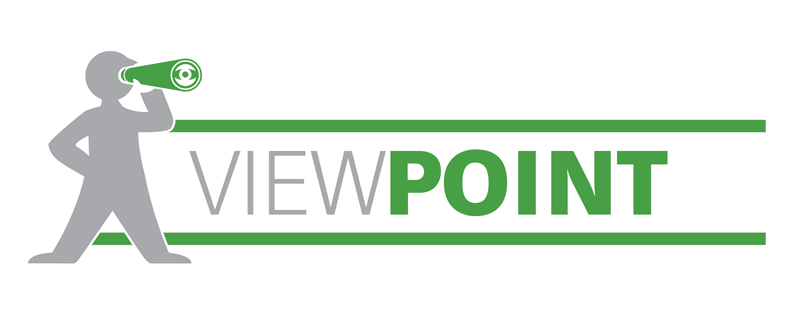How to Manage Employees’ Mental Health
September 25, 2018 | Featured Articles
More than half of all American physicians are experiencing substantial symptoms of burnout, according to the National Academy of Medicine. Nurses, nurse practitioners, and physician assistants are not far behind.
“Excessive pressures and expectations at work, paired with seemingly unattainable goals for quality and productivity as well as societal loss of trust in physicians, has led to a loss of meaning of work and of self,” writes Dr. Vinita Parkashi in an editorial in The Hill. When you consider the excessive work hours, personal challenges, stress, and inadequate informed consent so prevalent in the industry, it’s easy to see why health care providers are particularly susceptible to mental illness.
Managers in the United States are trained not to ask too many personal questions about employees: “The less you know, the better,” is a common refrain. But this is very challenging to adhere to if you have an employee who is exhibiting signs of (or has disclosed he or she is) suffering from a mental illness. How can clinicians best support their employees and managers when this issue arises?
Make no mistake—if you are a practice leader, you will very likely experience this situation. A full one in every five adults experiences a diagnosable mental illness every year, according to the American Psychiatric Association.
Your Role as a Practice Leader
Mental illness is the cause of numerous problems in the workplace, from absenteeism and lost productivity to harassment and violence. We must all have heightened sensitivity and be accountable for the wellbeing of our colleagues as these incidences become increasingly common. But a manager’s role should be more clearly defined than simply being vigilant. Here are some ways to prepare.
Pay attention. As a practice leader, you should generally be aware of how your staff is doing professionally and personally.
Educate your staff. Talk to your staff about work/life balance, stress management, and other behavioral health related topics like substance abuse. This can help avoid absenteeism, or worse. If you don’t have an employee assistance program in place, consider getting one. There are a lot of great resources available, including The Partnership for Workplace Mental Health and the National Alliance on Mental Illness.
Talk to your managers. Managers know your staff better than you do, and are likely engaging with them more often. Make sure they understand management best practices, your philosophy around dealing with mental illness, and the correct protocol if an employee is to disclose a suspected (or their own) issue. Through regular performance communication and employee meetings, your managers should be able to tell if something seems off.
Here are some things they (and you) should be on the lookout for:
- Newly onset punctuality or absenteeism problems
- A rapid decline in performance
- Emotional outbursts in the office
- Extreme changes in behavior or demeanor
- Withdrawal
Don’t be afraid. If you suspect something is going on with an employee, it is your responsibility (or HR’s if you have a human resources team) to address it. With the ever-growing blurred lines between work and life, there is an increased prevalence of mental illness—and its potential, negative impact on your practice. You can’t you afford to bury your head in the sand. Employees with mental illness want to do a good job as much as anyone; providing them with the right support is part of the responsibility when we hire someone.
Ensure fair treatment. Even managers and employees with the best intentions can treat someone differently without realizing it. We bring biases and fears into the workplace, and it’s nearly impossible to not be concerned. It is critical to ensure fair and equitable treatment of all employees regardless of disability, and mental illness qualifies under the ADA.
Show compassion. Almost 40 percent of Americans experience disorders related to mental health or substance abuse in their lifetimes, according to the United State Department of Health and Human Services. Odds are, each of us will know someone affected or be affected ourselves during our lifetimes. We can help remove the stigma by supporting our employees and their families through trying times.
Facing a mental illness is scary for everyone, from the afflicted individual to everyone in his or her community (including employers). With forethought, planning and care, we can make this experience less daunting for everyone involved.
Sidebar
Are you or someone you know experiencing mental illness? NAMI can help. Their mission is to educate, advocate, listen and lead. The national HelpLine number is 1.800.950.NAMI (6264). You can find out more by visiting the group’s website at www.nami.org.
Colleen Lauria is a writer based in New York City, president of Ginger HR Consulting, and a proud Board member of NAMI NYC, the largest chapter of the National Alliance on Mental Illness. Find out more about Ginger HR at www.gingerhr.com.


